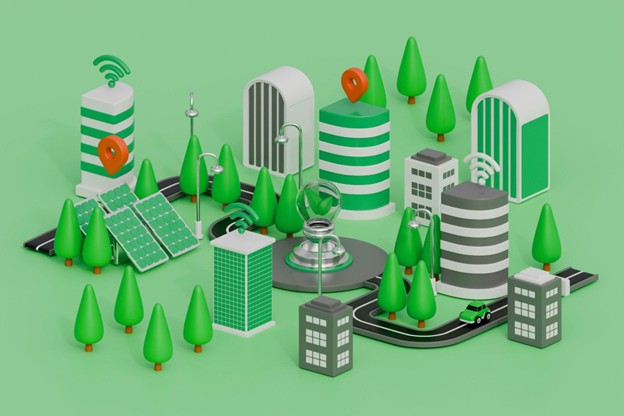
The term “going green” has a lot of connotations these days, and it’s definitely not a catchy trend anymore. In fact, going green is a movement that has the potential to save our blessed city and even the globe. So what does veganism or vegetarianism have to do with keeping Houston green, lush and thriving? We’ve got some surprising answers to that question and we also have tips about how eating green might be the most sustainable option for your health and our planet.
How Going Vegan or Vegetarian Can Save Our City and Our Planet
What? Going meatless in the Lone Star State? That’s just too much of an oxymoron, right? After all, Texas is the leading state to produce cattle inventory for the beef manufacturing industry in the United States. We’re proud of our long, rich cattle ranching heritage. After all, cattle is what built our reputation for cowboys and fabulous steakhouses. However, overconsumption of meat is causing a strain on ecology and biological homeostasis.
According to a recent agricultural study in 2021, animal breeding for human consumption is responsible for over 18% of all greenhouse gases released into the environment. That’s more than all emissions from transportation (cars, trucks, etc.) combined.
Whether you are a believer of this “Inconvenient Truth” or not, the statistics indicate that our planet is overpopulated and the race to put meat in markets has increased dramatically over the last few decades. This is leading to jacked-up greenhouse gases which are a threat to our way of life. Thankfully, the meatless wagon is in full swing in Houston. In fact, there are many no-meat eateries in Houston that dish up darn good, hearty delights that are just as sumptuous as a juicy steakhouse meal.
Health Advantages to Going Meatless
Let’s face it, we are Texans. That means many of us cut our baby teeth on barbeque ribs and pork chops. We love rustic, robust, meaty meals. But if you aren’t aware of the health benefits of going vegan or vegetarian, it might be time to poke your fork into a different fare for health gains.
A vegan or vegetarian diet is scientifically proven to provide far more nutrients the body needs to renew cellular growth and sustain wellbeing than a mostly meat-based diet. Furthermore, veggie-based meals are typically better for the digestive system whereas mostly meat-eaters report struggles with colon or intestinal function.
If this isn’t appealing enough, consider vegan and vegetarian-based meal plans as a sure-fire way to lose weight. Recent studies show that those on a vegan diet are 10 times more likely to reduce weight than if they stuck to calorie-restricted or meat-based diets.
Meatless Does Not Mean Tasteless
Now that we’ve touted the benefits of going green with a vegetarian or vegan diet, we want to tickle your tastebuds by assuring you that meatless does not mean tasteless. In fact, today’s modern wave of new plant-based meats has advanced an epic mile from the first veggie burger (called the garden burger) rolled out at Wenner’s restaurant in Oregon circa 1980.
The introduction of new textures from various vegetal materials in addition to intense spice blends has rendered delectable delights in the non-meat world of tasty foods. You might not think a plant-based sausage would taste like the real deal, but we’re here to tell y’all, some of these meat replacements are mighty tasty! And you’re not limited to beef or pork substitutions. There is a dizzying array of veggie-based chicken products out there too.
Furthermore, the beauty of going green in your diet is that you have the choice to compromise. You don’t have to go whole-hog and remove every iota of pork or beef from your diet. Small adjustments can make a big difference. Give green a shot in baby steps. Start by slightly reducing meat-based meals and begin introducing veggie-centric entrees three days a week. Once you begin noticing the effects these changes have on your mood, your weight, and overall well-being, we think you might get really enthusiastic about going for bigger green-eating goals.
As you start to see results (and realize you’re also positively impacting our environment with your plant-based choices), we hope you might be more receptive to getting on the meatless chuck wagon!
Whether your concern is about your own health or the health of our environment, the facts are clear. Converting to a vegetarian or vegan diet can make a huge impact on your health, our city, and our planet.




